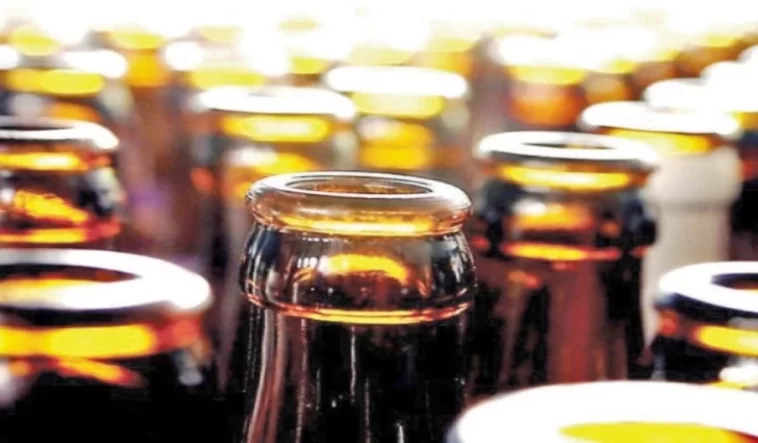In Islamabad, the U.S. Embassy has backed a demand by beverage companies for the withdrawal of a proposed 7% increase in the federal excise duty (FED). To show their support for foreign companies producing beverages or selling global brands, a delegation led by Commercial Counsellor Aaron Fishman met with Special Assistant to the Prime Minister on Revenue Tariq Mahmood Pasha.
The representatives of the beverage companies highlighted that the increase in FED would lead to a decrease in their sales amid the already high cost of production due to soaring inflation. Two US companies operating in Pakistan will be directly affected by the increase in FED, leading to a reduction in sales of either finished products or their concentrates.
The SAPM and FBR chairman assured the company representatives that their genuine hardships and concerns would be addressed on a priority basis while the delegation discussed the new tax provisions for the beverage industry. However, citing Pakistan’s current economic circumstances, the FBR made no promises to immediately revoke the duty increase.
The abrupt changes in taxation laws will have a negative effect on businesses’ annual business plans, which will ultimately erode public confidence in Pakistan’s economy. Instead of focusing on people’s consumption, the government needs to find a better way to address the current economic crisis by levying direct taxes on individual and corporate income.
The government recently increased the FED on carbonated water and beverages from 13% to 20%, which is expected to increase earnings by Rs7 billion for four months and by over Rs21 billion annually. It is intended to collect Rs7.640 trillion in total taxes during the current fiscal year, which includes the additional revenue from sugary beverages.
The stakes have increased as a result of US embassy intervention in tax matters. The government made no guarantees that it would reverse the tax increase, but it may do so in the June budget if business sales show a decline as a result of the extra tax.
As a result of the recommendations of the World Health Organization (WHO), the chairman of the FBR stated that sugary drinks are harmful to health. Along with other countries, the United States has urged Pakistan to increase its low tax-to-GDP ratio, which is worse than that of some countries in sub-Saharan Africa.
In addition to the increase in FED on carbonated water and beverages, the government has also imposed a 10% FED on juices. According to the Senate Standing Committee on Finance, the FED should be reduced to 5%. The representatives of Murree Brewery and Shezan Enterprises protested against the sudden increase in FED on sugary fruit juices and squashes.
Only the increase in GST rate to 18%, the imposition of up to 153% additional FED on cigarettes, and higher FED on sugary drinks will result in appreciable additional revenues; the majority of taxation measures proposed in the budget appear to be of low quality and may not produce the necessary additional revenues. These price increases will primarily affect the poor and will cause significant inflation.


